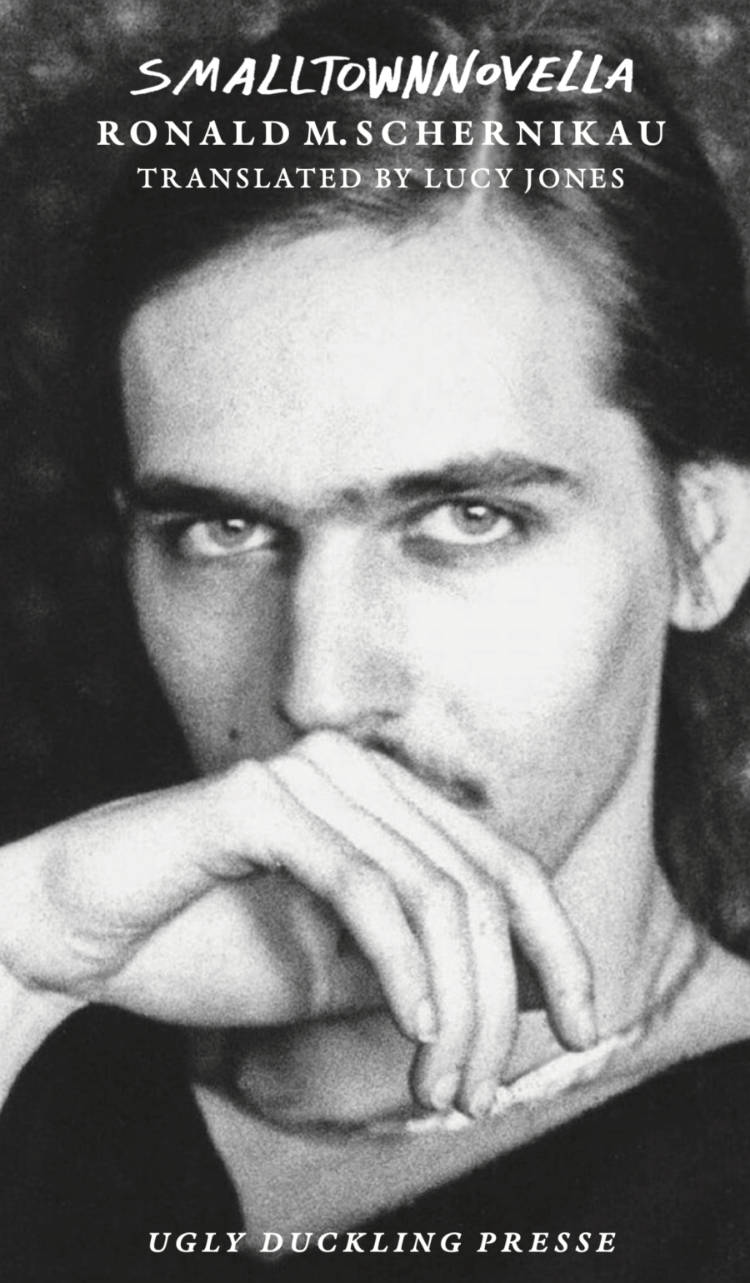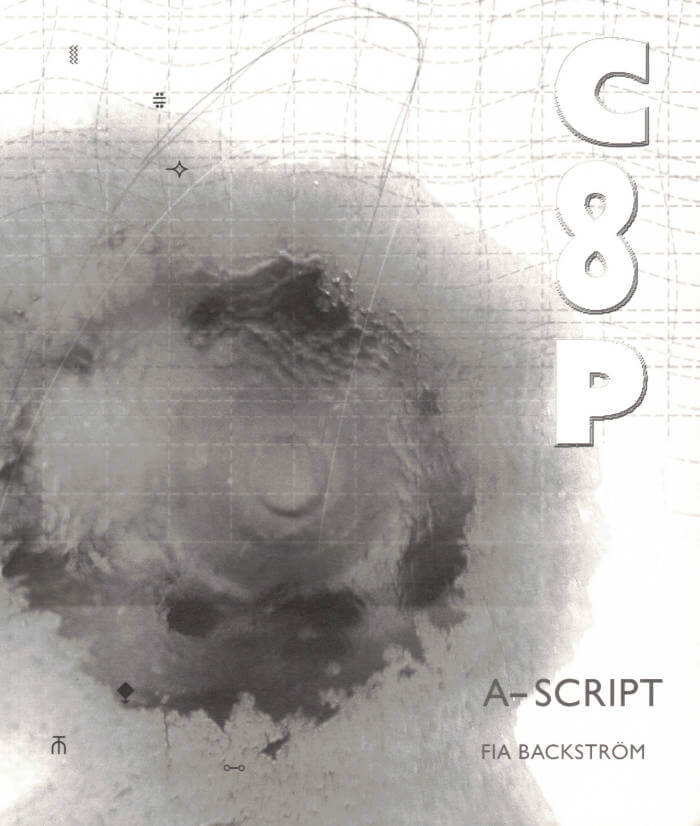An homage and reimagining of the classic German Bildungsroman, Schernikau paid tribute to the form even as he challenged stylistic, sexual, and political conventions. Written in all lower-case, SMALLTOWNNOVELLA is a brilliant stream-of-consciousness narrative that follows b, a teenager navigating politics and queer desire in a small, West German town. When b—who is interested in communism and knitting—falls in love with leif, a popular jock, b’s life at school is very predictably upended.
“A mighty, slender record of the provocative intelligence of a queer teenage mind.” —Eliot Duncan
Ronald M. Schernikau was born in 1960 in Magdeburg, East Germany and grew up in Hanover, West Germany. After completing his Abitur in 1980, he moved to West Berlin and studied German literature, philosophy, and psychology. In 1986, he started studying at the Institut für Literatur Johannes R. Becher (German Institute for Literature) in Leipzig, GDR. In 1989 he obtained GDR citizenship and relocated to Berlin. He worked as a dramaturge, and in radio and TV until his death in 1991. His publications include Kleinstadtnovelle (Small-Town Novella, 1980); Die Tage in L. (The Days in L., 1989); Legende (Legends, 1999); Königin im Dreck (Queen in the Dirt, 2009); and Irene Binz. Die Befragung (Irene Binz. The Interview, 2010).
Lucy Jones is a British translator and writer based in Berlin. She is the translator of Brigitte Reimann’s Siblings, (Penguin Modern Classics), Anke Stelling’s Higher Ground (Scribe) and Annemarie Schwarzenbach’s Lyric Novella (Seagull Books), among others. Her translations and book reviews have appeared in Asymptote, Words Without Borders and CulturMag. She is the runner-up for the Society of Author’s Schlegel-Tieck Prize in 2023.
PRAISE
“This slender book is a fierce account of queer teenage imagination: provocative, haughty, coy, insolent, and wild. As angsty as it is intelligent, Schernikau’s prose also feels protective and sweet. SMALLTOWNNOVELLA is the book, the friend, I wish I had in high school.” —Eliot Duncan
“…an earnest, seemingly offhand account of a brilliant young man growing up in a small town and realizing that his queerness and his communist politics will come to structure his life. (…) the first of Schernikau’s many attempts to lay out a gay politics that would open him to the world rather than fating him to a specific lot within it: an identity politics not constructed to elaborate and defend a single perspective, but one that sought to locate the self within a broader movement to transform society." —Ben Miller & Nicholas Courtman, LARB



.jpg)




